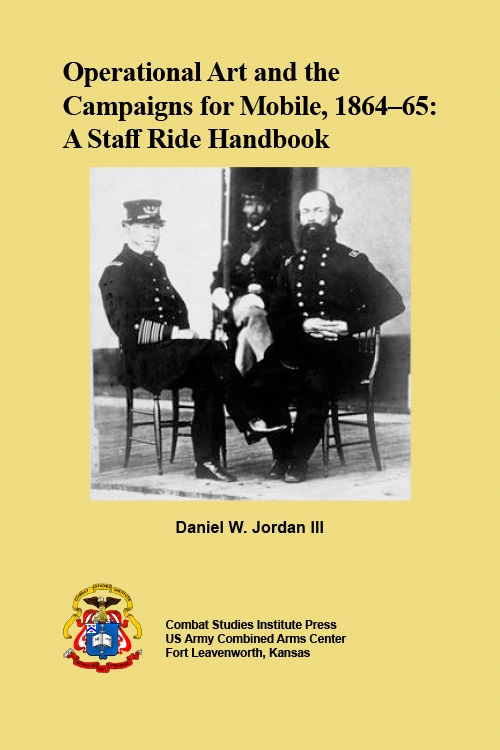Valor Under Fire: John Irving’s Heroic Legacy at the Battle of Mobile Bay
Valor Under Fire: The Story of John Irving, Civil War Hero at Mobile Bay

Estimated Reading Time: 6 minutes
Author: NateW (GreyFriar)
Key Takeaways
- John Irving, born in Brooklyn in 1839, earned the Medal of Honor for extraordinary heroism at the Battle of Mobile Bay
- As coxswain aboard USS Brooklyn, he manned his gun with skill despite intense Confederate fire
- His actions helped secure a crucial Union victory that sealed off the last major Confederate port in the Gulf of Mexico
- Irving exemplified the courage of Union sailors who faced both enemy fire and dangerous naval mines to achieve victory
Table of Contents
- Early Life and Background
- Military Service
- The Battle of Mobile Bay
- Medal of Honor Action
- Legacy and Impact
- FAQ
- Sources
Early Life and Background
John Irving was born in 1839 in east Brooklyn, New York. Like many young men of his era, he was drawn to maritime service in the bustling port city. When the Civil War erupted in 1861, Irving was still living in New York state and answered the call to serve in the Union Navy.
Military Service
Irving served as a coxswain aboard the USS Brooklyn, a formidable sloop-of-war armed with one 10-inch gun and twenty 9-inch guns. The Brooklyn was a key vessel in the Union Navy’s strategy of blockading Confederate ports. Under the command of various captains including the legendary David G. Farragut, the ship conducted operations along both the Atlantic and Gulf coasts.
The Battle of Mobile Bay
The Battle of Mobile Bay on August 5, 1864, was one of the most decisive naval engagements of the Civil War. Admiral Farragut led a Union fleet of 18 ships, including four monitors, against strong Confederate defenses protecting Mobile Bay, Alabama. The USS Brooklyn was chosen to lead the second column of wooden ships through the heavily mined channel.
When the Union monitor USS Tecumseh struck a mine and sank, the Brooklyn momentarily halted, threatening to throw the entire Union line into chaos under the guns of Fort Morgan. It was at this moment that Admiral Farragut uttered his famous order, “Damn the torpedoes, full speed ahead!” as his flagship USS Hartford took the lead through the minefield.
Medal of Honor Action
“On board the U.S.S. Brooklyn during action against rebel forts and gunboats and with the ram Tennessee, in Mobile Bay, 5 August 1864. Despite severe damage to his ship and the loss of several men on board as enemy fire raked her decks from stem to stern, Irving fought his gun with skill and courage throughout the furious battle which resulted in the surrender of the prize rebel ram Tennessee and in the damaging and destruction of batteries at Fort Morgan.”
Irving was one of 23 Brooklyn crew members awarded the Medal of Honor for their actions that day. His medal was presented on December 31, 1864.
Legacy and Impact
The Battle of Mobile Bay, in which Irving played a crucial role, effectively sealed off the last major Confederate port on the Gulf of Mexico east of the Mississippi River. This victory, combined with the fall of Atlanta, provided a significant boost to President Abraham Lincoln’s re-election campaign in 1864.
The USS Brooklyn survived the war and continued serving the nation until 1889, completing a circumnavigation of the globe before being decommissioned. While Irving’s post-war life remains largely unknown to history, his moment of valor helped secure a victory that hastened the end of the Civil War.
FAQ
Q: Why was the Battle of Mobile Bay significant?
A: It closed the last major Confederate port in the Gulf of Mexico east of the Mississippi River, dealing a severe blow to the Confederate war effort.
Q: How many Medal of Honor recipients were there from USS Brooklyn?
A: Twenty-three sailors and marines from USS Brooklyn received the Medal of Honor for their actions during the Battle of Mobile Bay.
Q: What was John Irving’s role on the USS Brooklyn?
A: He served as a coxswain, which was a senior enlisted position responsible for ship handling and leading gun crews.
Q: What happened to Irving after the war?
A: Historical records are unclear about Irving’s post-war life and date of death, though his heroic actions remain documented in naval history.
